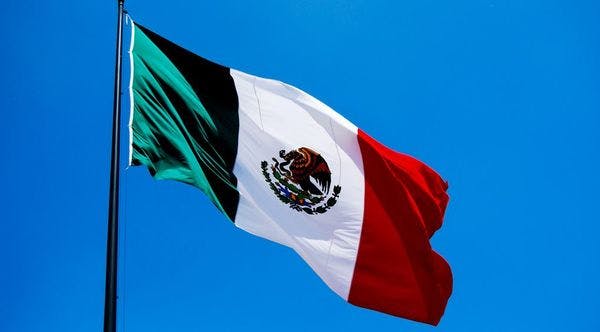Un jugement au Mexique ouvre la porte à la marijuana légale
La Cour Suprême du Mexique a ouvert la porte à la légalisation de la marijuana, contestant les lois strictes de la nation relatives à la drogue et ajoutant son poids au débat croissant sur les coûts et les conséquences de la guerre contre la drogue. Pour en savoir plus, en anglais, veuillez lire les informations ci-dessous.
Abonnez-vous à l'Alerte mensuelle de l'IDPC pour recevoir des informations relatives à la politique des drogues.
By Elisabeth Malkin and Azam Ahmed
The Mexican Supreme Court opened the door to legalizing marijuana on Wednesday, delivering a pointed challenge to the nation’s strict substance abuse laws and adding its weight to the growing debate in Latin America over the costs and consequences of the war against drugs.
The vote by the court’s criminal chamber declared that individuals should have the right to grow and distribute marijuana for their personal use. While the ruling does not strike down current drug laws, it lays the groundwork for a wave of legal actions that could ultimately rewrite them, proponents of legalization say.
The decision reflects a changing dynamic in Mexico, where for decades the American-backed antidrug campaign has produced much upheaval but few lasting victories. Today, the flow of drugs to the United States continues, along with the political corruption it fuels in Mexico. The country, dispirited by the ceaseless campaign against traffickers, remains engulfed in violence.
“It’s the drama behind all of our efforts,” said Juan Francisco Torres Landa, a corporate lawyer who was one of the plaintiffs in the Supreme Court case.
The marijuana case has ignited a debate about the effectiveness of imprisoning drug users in a country with some of the most conservative drug laws in Latin America. But across the region, a growing number of voices are questioning Washington’s strategy in the drug war. With little to show for tough-on-crime policies, the balance appears to be slowly shifting toward other approaches.
Uruguay enacted a law in 2013 to legalize marijuana, though the creation of a legal marijuana industry in the small country has unfolded slowly. Chile gathered its first harvest of medical marijuana this year. In Brazil, the Supreme Court recently debated the decriminalization of marijuana, cocaine and other drugs. And Bolivia allows traditional uses of coca, the plant used to make cocaine.
Click here to read the full article.
Keep up-to-date with drug policy developments by subscribing to the IDPC Monthly Alert.
Thumbnail: Flickr CC Martin D
